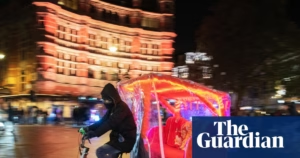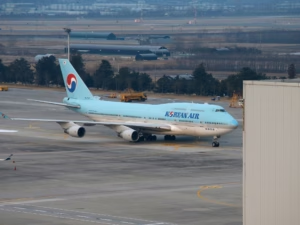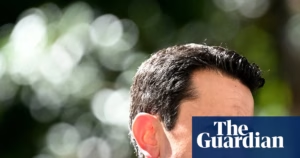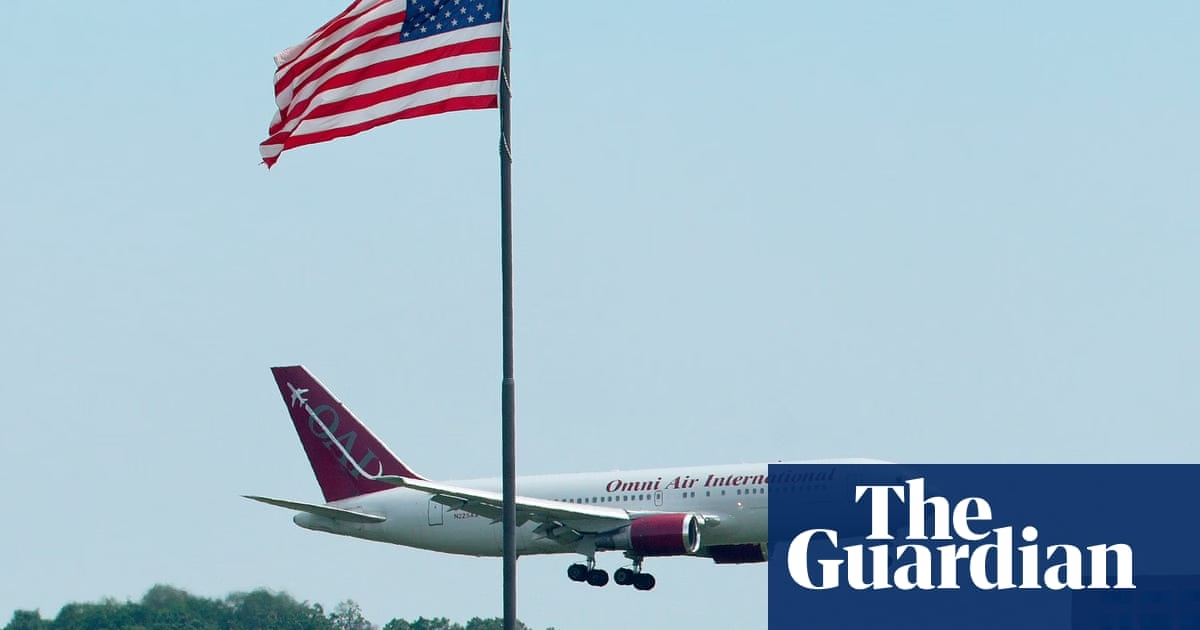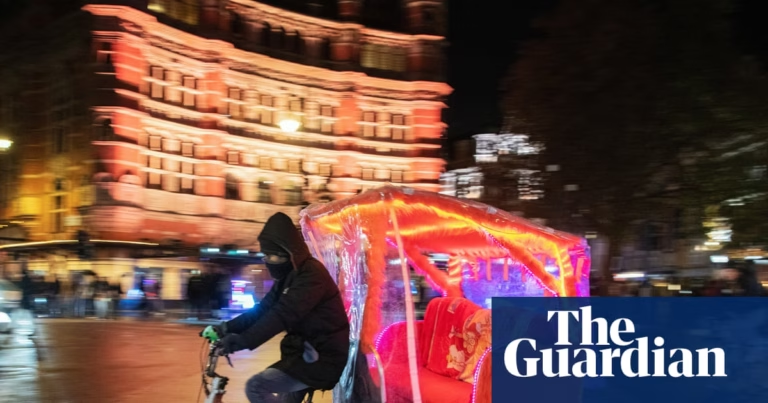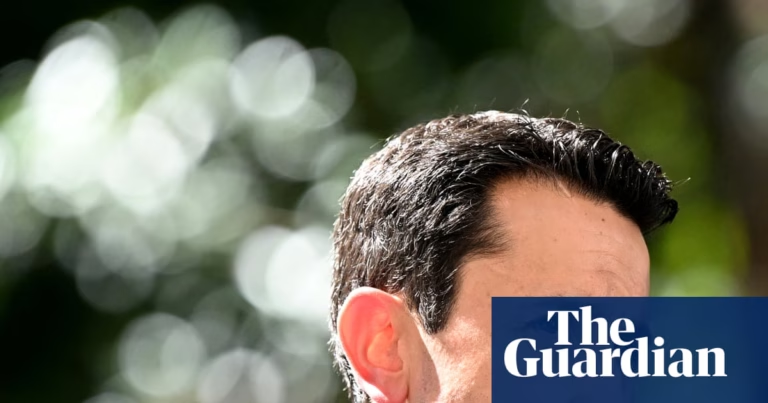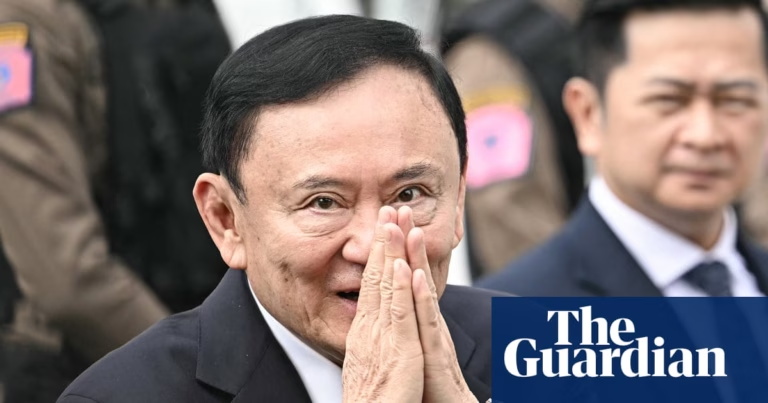When Essi Farida Geraldo, a Lomé-based architect, learned about the partial travel restrictions to the US from Togo following the travel bans announced by Donald Trump on Thursday, she regretted the loss of access to what many young Togolese consider a land of better opportunities.
“The United States was the Togolese’s El Dorado,” Geraldo said. “Many individuals travel to the US to earn money and support their families or projects in Africa … This will compel the nation to seek stronger partnerships that exclude the US.”
Trump’s order, set to take effect on Monday, bans individuals from seven African countries – Chad, the Republic of the Congo, Equatorial Guinea, Eritrea, Libya, Somalia, and Sudan – from entering the US, making Africa the continent most affected. People from three additional African countries – Burundi, Sierra Leone, and Togo – will face partial restrictions and won’t be able to travel to the US on certain visas.
For Geraldo, an alumnus of the Mandela Washington Fellowship for Young African Leaders program initiated by the Obama administration, the new restrictions exacerbate the harm from Trump’s cuts in foreign aid, which made it difficult for her to secure funding for social projects in the small West African nation.
Mikhail Nyamweya, a political and foreign affairs analyst, stated that the new travel bans and restrictions would “establish patterns of exclusion” and “may also institutionalize the perception of Africans as outsiders in the global order.” “In the short term, they will limit access to education, innovation, and professional mobility. In the long term, they risk alienating African partners,” he said.
The White House deputy press secretary, Abigail Jackson, stated that the countries on the list “lack adequate vetting, exhibit high visa overstay rates, or fail to share identity and threat information.” “President Trump is fulfilling his promise to safeguard Americans from dangerous foreign actors who want to come to our country and cause us harm,” she stated on X, adding that the restrictions are “common sense.”
Abby Maxman, the president and CEO of Oxfam America, vehemently rejected this interpretation, stating that the ban “deepens inequality and perpetuates harmful stereotypes, racist tropes, and religious intolerance.” “This policy is not about national security. It is about sowing division and vilifying communities that seek safety and opportunities in the US,” she said.
The policy has increased uncertainty in the affected countries, particularly after the US government announced in May that visa appointments for students wishing to study at its universities had been suspended pending expanded social media vetting.
There is also concern across Africa about a proposed tax on remittances under Trump’s “One Big Beautiful Bill Act,” currently under parliamentary review. If enacted, the 3.5% tax could significantly impact the GDP of many nations that rely heavily on diaspora remittances.
Geoffrey Gichohi, a 34-year-old nurse working in Minnesota, recently sent money to his mother in Kenya (not affected by the travel ban) using an app to pay for a concrete wall and a metal gate at their home.
Like many Africans abroad, he regularly sends money to his family members back home, who rely on it for school fees, healthcare, and other basic needs. A new tax, on top of sending and withdrawal fees, would make it more difficult, he said. “The parents back home in Kenya are the ones who will suffer because they’ll have limited resources,” he said. “Personally, I hope the bill doesn’t get passed.”
Human rights activists have criticized the restrictions and proposed tax, asserting they unfairly target citizens of countries in the global south. Other experts argue that these moves could further damage US-Africa ties in an era of rising anti-western sentiments on the continent.
Nevertheless, feelings of despair are not universal. According to Jalel Harchaoui, an associate fellow at the Royal United Services Institute in London, many people in Libya will be indifferent to the new policies since the US is not a principal travel destination for them.
“It’s not good, but it’s not seen as catastrophic,” he said. “People barely pay attention to the travel ban or the proposed remittance tax … If the same happened in the UK, it would be a major event, but not for the US.”
Authorities in many of the affected countries have yet to respond. However, on Thursday afternoon, Chad’s President Mahamat Idriss Déby suspended the issuance of visas to US citizens, citing the need for reciprocal action.
“Chad has no planes to offer, no billions of dollars to give, but Chad has its dignity and pride,” he stated on Facebook, referencing Qatar’s contentious gift to the Trump administration.
In the past year, US and French troops have been forced to withdraw from military bases in Chad, which previously served as a key ally in the Sahel for numerous Western nations.
Sierra Leone, another US ally in West Africa, responded more modestly. “We have taken note of this proclamation,” stated the information minister, Chernor Bah. “Our understanding is that the decision is based solely on visa overstay rates and that it doesn’t reflect the broader state of US-Sierra Leone relations, which remain strong and productive from our perspective.”
